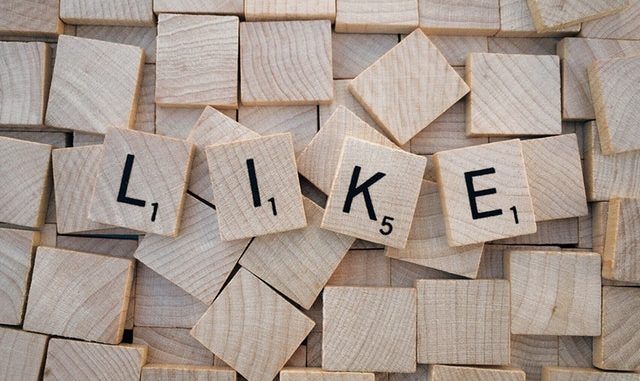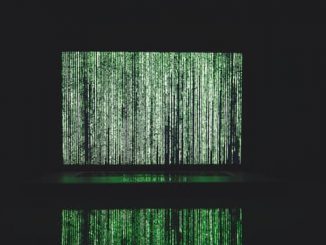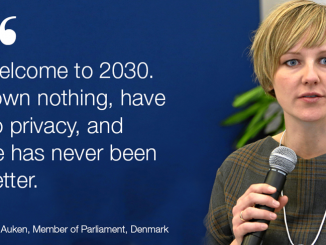
Opening Insights: Connected, BUT Alone
Our world have become addicted and dependent on instant gratification... our children... our adults... most of us are constantly "CONNECTED" and "WAITING." We anxiously wait for that "ping." In our on-demand, "now" driven world we have become conditioned to believe we must respond instantly and demand personal instant responses. We have no patience. We have no time for anyone else. We want what we want, when we want it and we want it NOW. Most of all WE WANT TO BE LIKED!
What's the problem?
The problem is what we have and are losing as a result of our cultural addiction. We are losing our human connection - with self and others. We are losing trust, unity and communion... as we become overly concerned of WHAT OTHER PEOPLE THINK, as we hide behind our computers and pass judgement on others. We are more connected - yet more disconnected from self and others. Is this true?
Informational Insights: Creator of Attention & Generation Crisis
Arron Colen of The Blaze wrote:
More and more of the people who got rich by drawing our attention, and building our addiction, to computers, smartphones and social media apps are swearing off their creations because of how bad they can be for people’s minds.
Like fast food CEOs who don’t eat junk food or cigarette company executives who refuse to smoke, tech engineers and developers who created the social platforms that dominate today’s “attention economy” are starting to realize that even though their creations are good for their bank accounts, they can be bad for the people they’re selling them to.
Take former Facebook engineer Justin Rosenstein as an example: He invented the “like” button, a revolutionary creation that changed the internet drastically when it was announced in 2009. Now, he limits his own use of Facebook, he’s banned himself from SnapChat, and he has parental controls on his phone that prevent him from downloading any apps.
“It is very common for humans to develop things with the best of intentions and for them to have unintended, negative consequences,” Rosenstein said to The Guardian.
What’s wrong with social media?
Rosenstein said he is concerned with the psychological effects of social media on individuals and on society as a whole, particularly in the political realm. He also cited studies that warn of the negative cognitive impact of technology over-exposure.People swipe or tap their smartphones an average of more than 2,000 times per day. That can lead to a severe lack of ability to focus for long periods of time, also known as “continuous partial attention.”
Just having a smartphone around, even if it’s turned off, can have a detrimental effect on brain function and attention. After all, you never know what notifications you might be missing, right?
“Everyone is distracted. All of the time,” Rosenstein said.
What does a tech engineer who’s tired of tech do?
How did Rosenstein come to these conclusions and learn about the damaging affects of social media and technology on our attention spans? He started a company that focuses on improving office productivity. There is perhaps no better place to observe the quantifiable drain of tech on attention than in an office.
‘The last generation that can remember life before’
College students born in the mid-1990s don’t remember a time when people had to look things up in dictionaries or encyclopedias.
High school kids born after the turn of the century are unfamiliar with a world in which people weren’t connected 24/7 to their friends, family, and strangers by a handheld device.
Rosenstein, who is 34, is a member of one of the last generations with significant memories that took place before the internet became everything. And that’s why he’s concerned about this now.
“One reason I think it is particularly important for us to talk about this now is that we may be the last generation that can remember life before,” Rosenstein said.(H/T The Blaze and The Guardian)
Possibilities for Consideration: ENOUGH TALK - WE MUST RESTORE
The article brings to light several issues that we need to consider:
- Social Media companies are aware of the damage they are causing people, culture and society as a whole!
- Social media companies do nothing to prevent their abuse and manipulation of people - that is their business model!
- Businesses, organizations and schools have a unique opportunity to take a lead position in reversing the social conditioning that has occurred...The Question is NOT SHOULD WE REVERSE THE SOCIAL CONDITIONING... BUT HOW CAN WE WHO KNOW THE DIFFERENCE, LIVE WITH OURSELVES IF WE DON'T!
Add Your Insight: Learning & Being a Part of the Change We Want to SEE
Technological progress has merely provided us with more efficient means for going backwards.
ALDOUS HUXLEY






